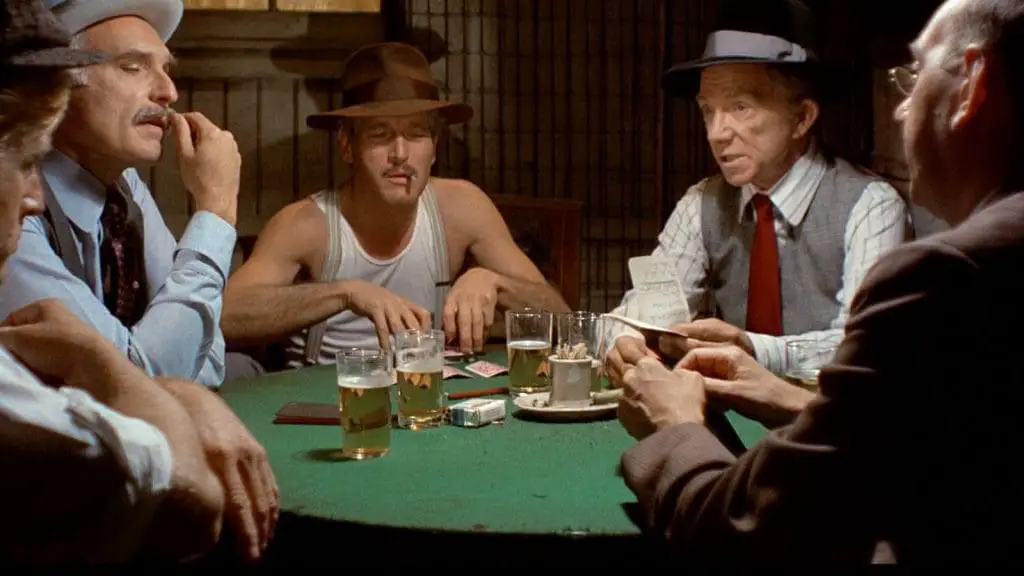
Edward Yang’s family drama may boast an epic (173 minutes) running time, but its focus is decidedly small-scale and intimate, centering around a single family, the Jian, living in contemporary Taipei, Taiwan. Fortysomething patriarch NJ (Wu Nienjen) lives in an apartment with wife Min-Min (Elaine Jin), teenage daughter Ting-Ting (Kelly Lee), eight-year-old son Yang-Yang (Jonathan Chang), and Min-Min’s mother (Tang Ruyun). The eventful day with which the audience is introduced to the clan — a day where Min-Min’s younger brother A-Di (Chen Xisheng) gets married and Grandma suffers a stroke — sets the stage for all of the drama that follows. At the hotel where A-Di’s wedding reception is held, NJ has a chance encounter with Sherry (Ke Suyun), his long-lost first love. Her mother’s illness sends Min-Min in an emotional tailspin. Although newly married, A-Di can’t quite get ex Yun-Yun (Zeng Xinyi) out of his life. Ting-Ting gets swept up in the turbulent relationship between her neighbor Lili (Adrian Lin) and her boyfriend Fatty (Yupang Chang). As the older members in his family suffer their crises, young Yang-Yang leans his own lessons in life, in and out of school.
The multi-character and -storyline approach, particularly within the context of a single family, is one commonly associated with soap opera, and the above description of the individual threads would make “Yi Yi” appear to be just that. But aside from a bit of out-of-nowhere sensationalism in the Ting-Ting storyline, Yang shuns melodramatic plot mechanics in favor of an emphasis on characters — what they feel, what makes them tick. A fairly sedate and hence more natural tone — help set by the cast, which includes a number of outstanding first-time actors — also keeps the film grounded, as does its generous helpings of humor; after all, what is real life but one big mix of misery and laughter, sometimes occurring within a single moment?
The Chinese title, “Yi Yi,” literally translates as “one-one,” meaning “individually,” but Yang took the official English title, “A One and a Two…,” from the common utterance that precedes a musical performance. The film lives up to both of these meanings. The film is “individual” in how it follows each character’s separate life, thus illustrating how every person, regardless of age, in fact leads a real life. But to use the allusion of the English title, each character and story can also be seen as an individual note in a larger musical piece — not simply the whole of a family, but the entire span of a lifetime.
